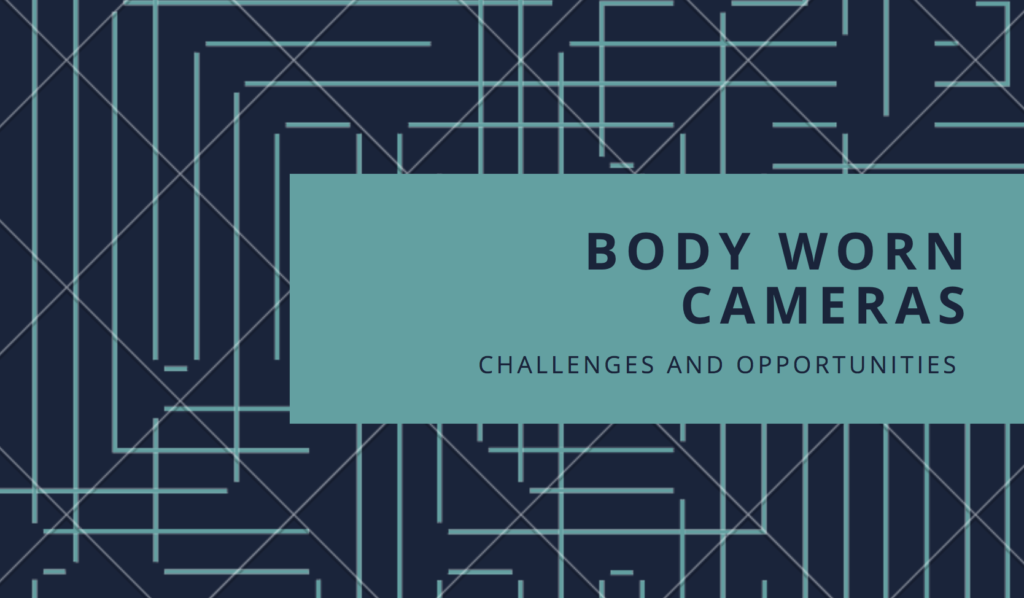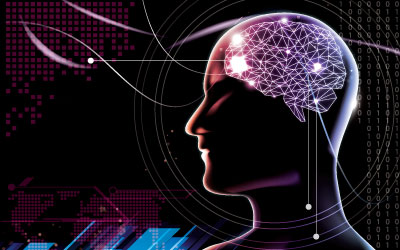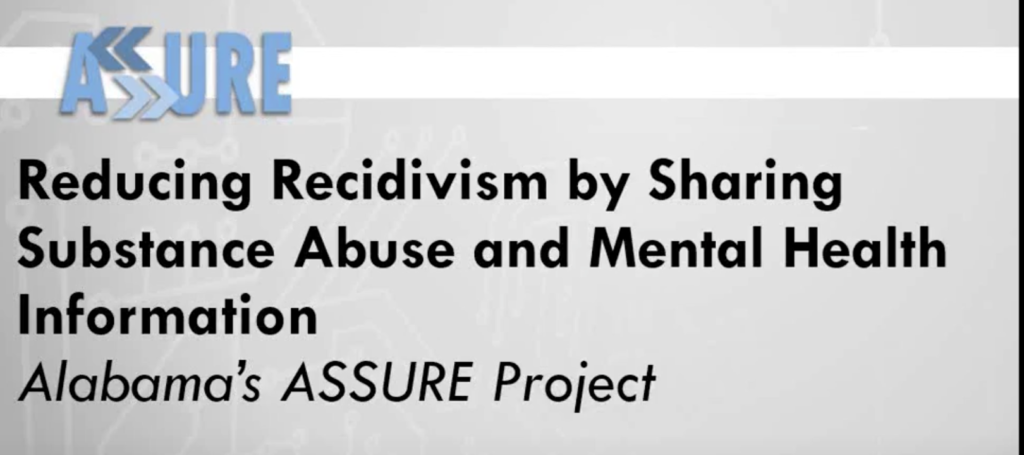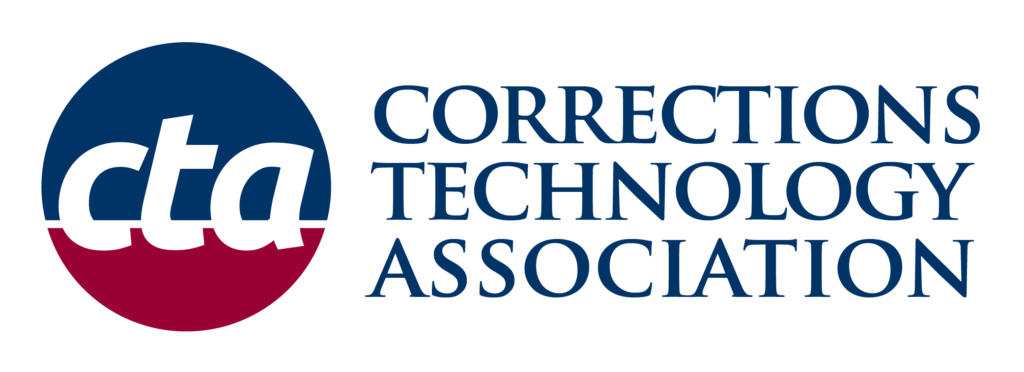Video Analytics: Body Worn Cameras (IBM)
BM’s Tim Riley Tim Riley, Law Enforcement Policing Solutions Executive, and Stephen Russo, Director of Public Safety Solutions, look at the value of video analytics in this white paper. Today’s mainstream dialogue around the body worn cameras is focused only on “eye witness accounting” and the costs associated with the storage and video management requirements. It is equally critical to realize that the value is not just in capturing the video but also in finding and using what is in the footage. Return-on-value can be faster realized with intelligent video analytic tools; tools that are essential to helping control costs and unlocking hidden threats as the number of devices continues to increase.




